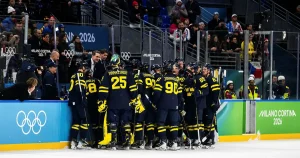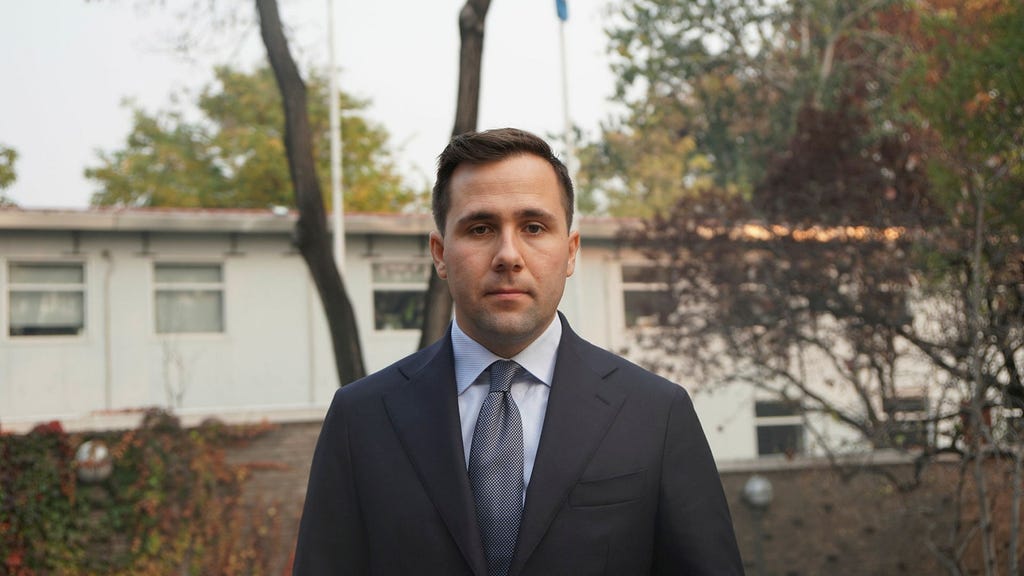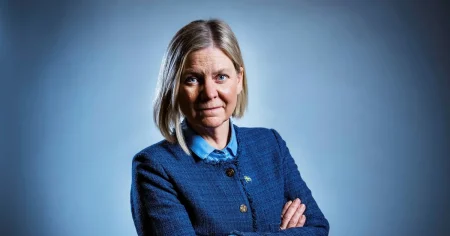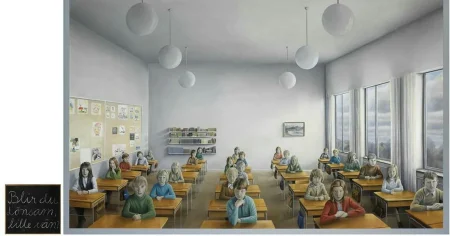Following China’s relaxation of its stringent pandemic restrictions, a procession of European leaders has embarked on visits to the world’s second-largest economy. This diplomatic flurry included the prime ministers of Norway, Spain, and Italy, the foreign minister of Denmark, the presidents of Finland and France, and notably, the German Chancellor, who made the trip twice. Conspicuously absent from this list was any representative from Sweden, until the recent visit of Trade Minister Benjamin Dousa. This trip marked a significant step in re-engaging with China after a period of strained relations. Dousa emphasized the importance of addressing trade barriers and promoting Swedish businesses in China, while also acknowledging the necessity of engaging in dialogue on more challenging bilateral issues. He stressed that open communication is crucial for progress on important matters, particularly given the existing tensions between the two nations.
Dousa’s visit takes place against a backdrop of strained relations stemming from the 2015 detention of Swedish book publisher Gui Minhai. This incident, coupled with a satirical television program perceived as offensive to Chinese viewers and the aggressive “wolf warrior diplomacy” employed by a former Chinese ambassador to Sweden, significantly cooled relations. The ambassador’s tactics involved harsh public criticism of Swedish politicians and journalists, further exacerbating the situation. Dousa’s trip, therefore, represents an attempt to rebuild bridges and foster a more constructive dialogue with China, a relationship crucial for Swedish economic interests and broader geopolitical concerns. The visit focused on addressing practical trade issues while also laying the groundwork for potentially higher-level diplomatic engagement in the future.
A key aspect of Dousa’s visit involved discussions with Swedish businesses operating in China. These companies highlighted increasing difficulties in securing public procurement contracts due to new regulations favoring Chinese firms. However, Dousa emphasized that the presence of Swedish businesses in China transcends mere profit-seeking. He noted that China’s remarkable technological advancements, particularly in certain industries, make it a vital hub for accessing knowledge and talent crucial for maintaining global competitiveness. Swedish companies, he argued, need to engage with the Chinese market to remain at the cutting edge of innovation. This underscores the complex interplay between economic pragmatism and political considerations that defines the Sweden-China relationship.
The complexities of this relationship are further illustrated by the European Union’s recent imposition of tariffs on Chinese electric vehicles, a move prompted by concerns over unfair competition. China’s dominance in the electric vehicle market, particularly its battery technology, has raised alarms within the EU, leading to trade disputes. While Sweden initially opposed the tariffs, it ultimately abstained from the vote. Dousa explained this decision, citing signals from the EU Commission regarding a potential special arrangement for Volvo Cars, a Swedish company with significant manufacturing operations in China. This arrangement would involve Volvo committing to specific pricing levels in exchange for tariff exemptions. However, Dousa emphasized that a mutually agreeable, long-term solution eliminating the need for tariffs altogether would be the most desirable outcome for all parties involved.
Beyond the electric vehicle issue, Dousa also addressed China’s trade barriers on graphite, a critical component in battery production. This restriction has implications for Sweden and the broader EU’s green transition goals, as access to graphite is crucial for developing sustainable battery technologies. While Dousa refrained from divulging specific details of his discussions with Chinese officials on this matter, he underscored the importance of securing reliable access to this vital resource. This highlights the delicate balance between pursuing trade interests and upholding principles related to fair competition and sustainable development.
Finally, Dousa’s visit included a discussion of the ongoing war in Ukraine, a topic of paramount importance for Sweden and the EU. He stressed the existential nature of this conflict for Europe and urged China to understand its gravity. Dousa raised concerns about reports of North Korean troops participating in the conflict, the use of drones containing Chinese components, and the potential circumvention of sanctions through China. Raising these sensitive issues underscores the broader geopolitical context within which the bilateral relationship operates. Dousa’s trip demonstrates the challenging but necessary task of balancing economic interests with political considerations and security concerns in navigating the complex relationship between Sweden and China. The visit, while focused on trade, also served as a platform for engaging on broader geopolitical issues and laying the foundation for future high-level dialogue.














